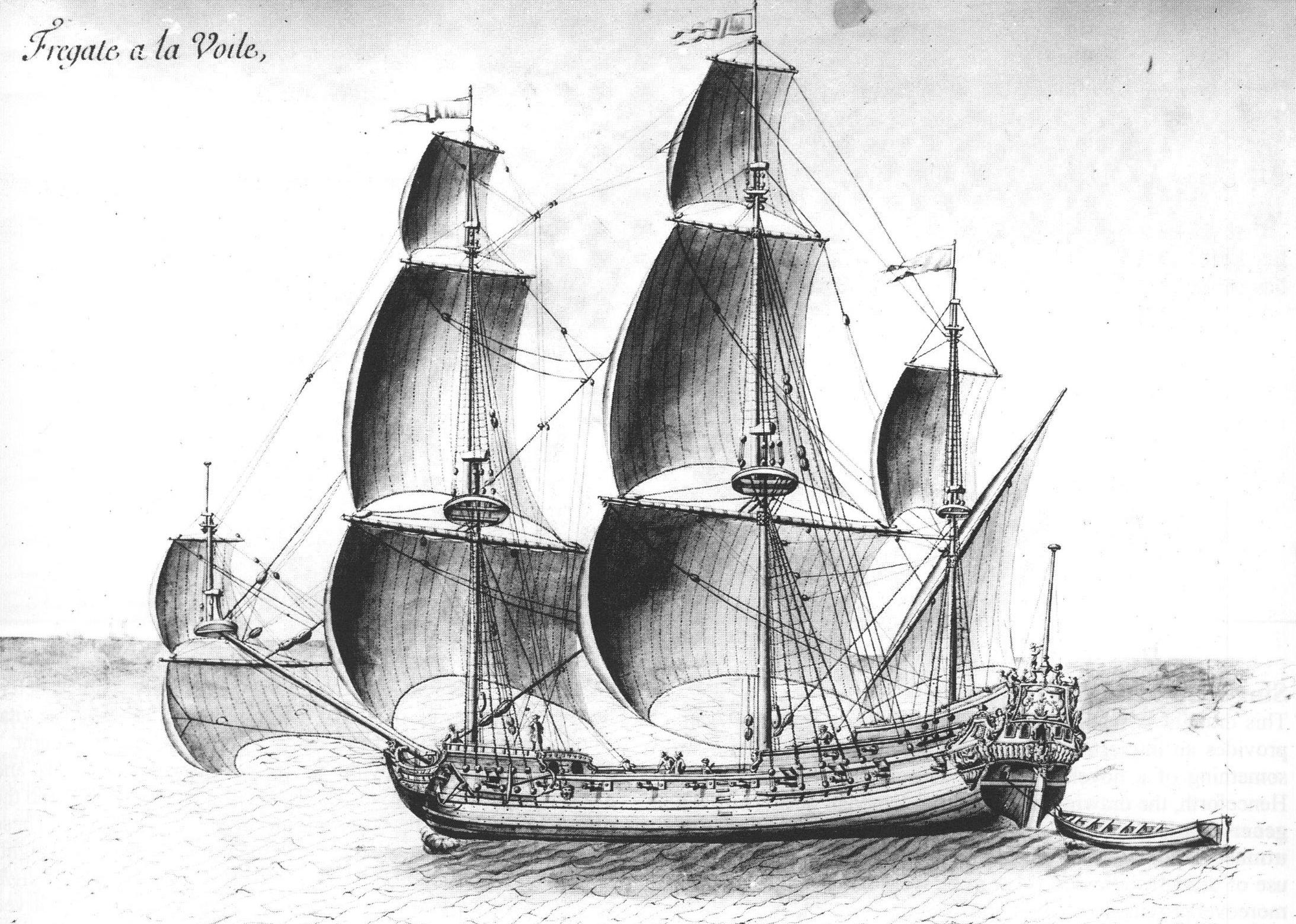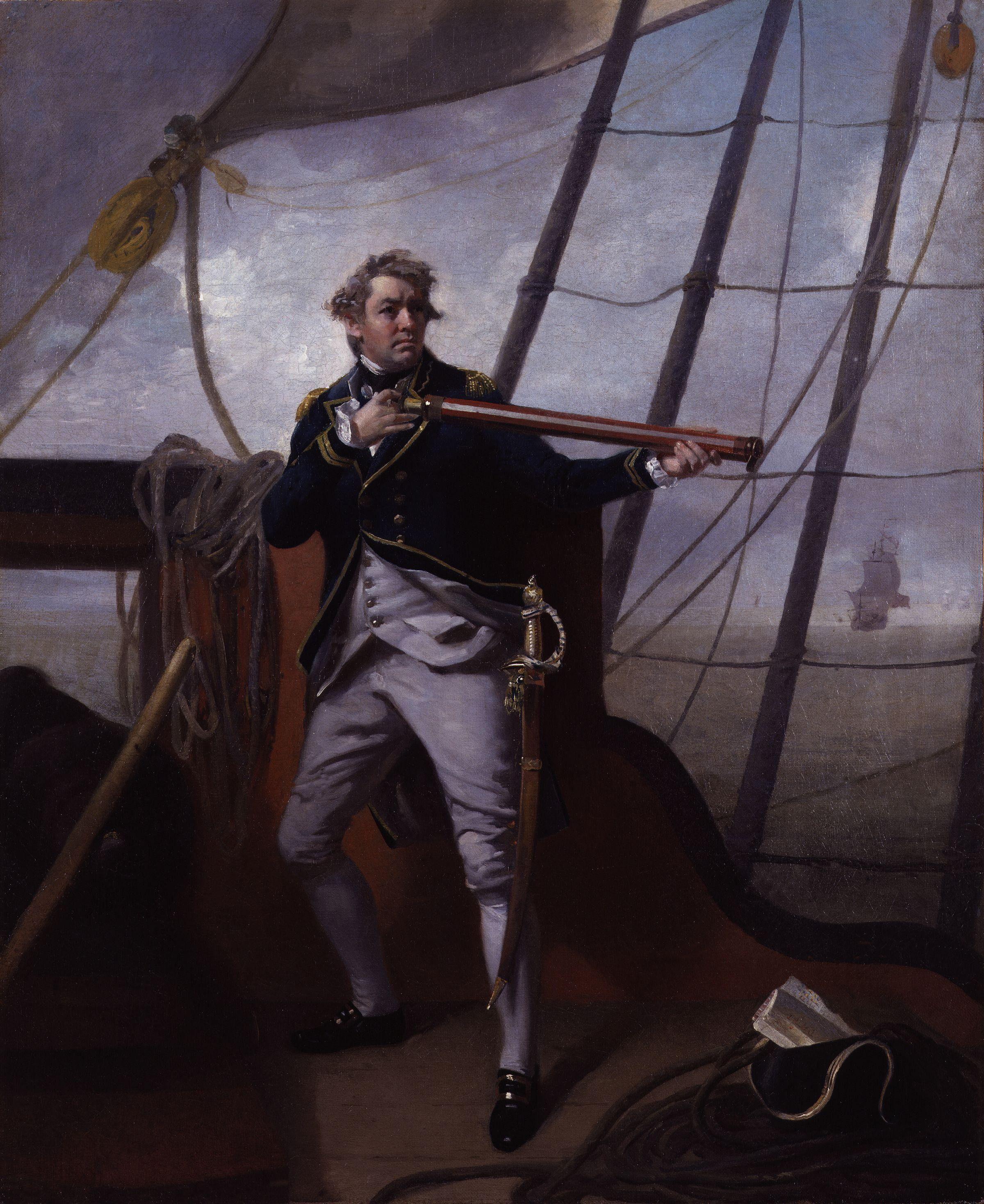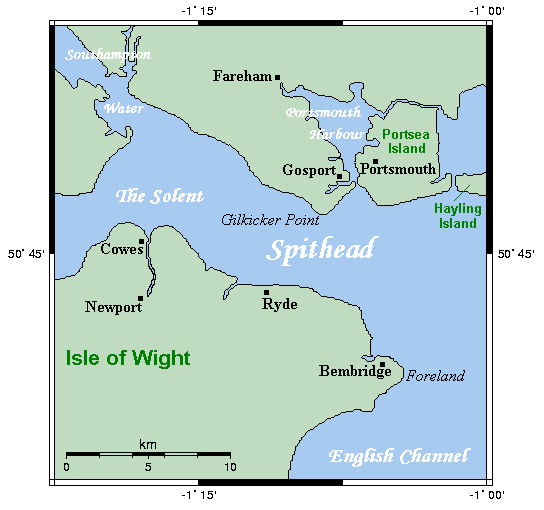|
HMS Beaulieu
HMS ''Beaulieu'' was a 40-gun fifth-rate frigate of the Royal Navy. The ship was laid down in 1790 as a private enterprise by the shipwright Henry Adams and purchased by the Royal Navy in June of the same year. A well-armed and large ship, ''Beaulieu'' was built to the dimensions of a merchant ship and did not have good sailing qualities. Commissioned in January 1793 by Lord Northesk, the frigate was sent to serve on the Leeward Islands Station. She participated in the capture of Martinique in February 1794, and then was similarly present at the capture of Saint Lucia in April. The frigate also took part in the start of the invasion of Guadeloupe. Later in the year the ship's crew was beset by yellow fever and much depleted. ''Beaulieu'' was sent to serve on the North America Station to recuperate, returning to the Leeward Islands in 1795. In the following two years the ship found success in prizetaking and briefly took part in more operations at Saint Lucia. She returned ... [...More Info...] [...Related Items...] OR: [Wikipedia] [Google] [Baidu] |
Beaulieu River
The Beaulieu River ( ), formerly known as the River Exe, is a small river draining much of the central New Forest in Hampshire, southern England. The river has many small upper branches and its farthest source is from its -long tidal estuary. Unusually, the river, including its bed, is owned by Lord Montagu of Beaulieu. Etymology The current name, Beaulieu is French, meaning "beautiful place". The original name, Exe, is Brythonic, deriving from the Ancient British word *''Iska'' meaning "fishes" or "fish-place" and cognate with the modern Welsh word ''Pysg'' (fishes).This derivation applies to many similarly named rivers throughout Britain including the Axe, Exe and Usk, with the names evolving local distinctions over the centuries. Course The Beaulieu River rises near Lyndhurst in the centre of the New Forest, a zone where copses and scattered trees interrupt the relatively neutral sandy heath soil, however with insufficient organic uneroded deposition over millennia t ... [...More Info...] [...Related Items...] OR: [Wikipedia] [Google] [Baidu] |
Saint Lucia
Saint Lucia ( acf, Sent Lisi, french: Sainte-Lucie) is an island country of the West Indies in the eastern Caribbean. The island was previously called Iouanalao and later Hewanorra, names given by the native Arawaks and Caribs, two Amerindian peoples. Part of the Windward Islands of the Lesser Antilles, it is located north/northeast of the island of Saint Vincent (Antilles), Saint Vincent, northwest of Barbados and south of Martinique. It covers a land area of with an estimated population of over 180,000 people as of 2022. The national capital is the city of Castries. The first proven inhabitants of the island, the Arawaks, are believed to have first settled in AD 200–400. Around 800 AD, the island would be taken over by the Kalinago. The French were the first Europeans to settle on the island, and they signed a treaty with the native Caribs in 1660. England took control of the island in 1663. In ensuing years, England and France fought 14 times for control of the island, ... [...More Info...] [...Related Items...] OR: [Wikipedia] [Google] [Baidu] |
Brest, France
Brest (; ) is a port city in the Finistère department, Brittany. Located in a sheltered bay not far from the western tip of the peninsula, and the western extremity of metropolitan France, Brest is an important harbour and the second French military port after Toulon. The city is located on the western edge of continental France. With 142,722 inhabitants in a 2007 census, Brest forms Western Brittany's largest metropolitan area (with a population of 300,300 in total), ranking third behind only Nantes and Rennes in the whole of historic Brittany, and the 19th most populous city in France; moreover, Brest provides services to the one million inhabitants of Western Brittany. Although Brest is by far the largest city in Finistère, the ''préfecture'' (regional capital) of the department is the much smaller Quimper. During the Middle Ages, the history of Brest was the history of its castle. Then Richelieu made it a military harbour in 1631. Brest grew around its arsenal unti ... [...More Info...] [...Related Items...] OR: [Wikipedia] [Google] [Baidu] |
English Channel
The English Channel, "The Sleeve"; nrf, la Maunche, "The Sleeve" (Cotentinais) or ( Jèrriais), (Guernésiais), "The Channel"; br, Mor Breizh, "Sea of Brittany"; cy, Môr Udd, "Lord's Sea"; kw, Mor Bretannek, "British Sea"; nl, Het Kanaal, "The Channel"; german: Ärmelkanal, "Sleeve Channel" ( French: ''la Manche;'' also called the British Channel or simply the Channel) is an arm of the Atlantic Ocean that separates Southern England from northern France. It links to the southern part of the North Sea by the Strait of Dover at its northeastern end. It is the busiest shipping area in the world. It is about long and varies in width from at its widest to at its narrowest in the Strait of Dover."English Channel". ''The Columbia Encyclopedia'', 2004. It is the smallest of the shallow seas around the continental shelf of Europe, covering an area of some . The Channel was a key factor in Britain becoming a naval superpower and has been utilised by Britain as a natural def ... [...More Info...] [...Related Items...] OR: [Wikipedia] [Google] [Baidu] |
Mediterranean Sea
The Mediterranean Sea is a sea connected to the Atlantic Ocean, surrounded by the Mediterranean Basin and almost completely enclosed by land: on the north by Western and Southern Europe and Anatolia, on the south by North Africa, and on the east by the Levant. The Sea has played a central role in the history of Western civilization. Geological evidence indicates that around 5.9 million years ago, the Mediterranean was cut off from the Atlantic and was partly or completely desiccated over a period of some 600,000 years during the Messinian salinity crisis before being refilled by the Zanclean flood about 5.3 million years ago. The Mediterranean Sea covers an area of about , representing 0.7% of the global ocean surface, but its connection to the Atlantic via the Strait of Gibraltar—the narrow strait that connects the Atlantic Ocean to the Mediterranean Sea and separates the Iberian Peninsula in Europe from Morocco in Africa—is only wide. The Mediterranean Sea e ... [...More Info...] [...Related Items...] OR: [Wikipedia] [Google] [Baidu] |
Dutch Ship Willem De Eerste
The ''Willem de Eerste'' was a 74-gun third rate ship of the line of the navy of the Dutch Republic, the Batavian Republic, and the Royal Netherlands Navy. The order to construct the ship was given by the Admiralty of the Meuse. The ship was commissioned in 1785. In 1795, the ship was renamed ''Brutus'' and incorporated in the Batavian Navy. On 11 October 1797 the ''Brutus'' took part in the Battle of Camperdown under Rear-Admiral Johan Bloys van Treslong. A cannonball hit the Rear-Admiral's right arm, which had to be amputated. ''Brutus'' soon left the battle, when she couldn't reach the flagship ''Vryheid'' because the burning ship ''Hercules'' blocked the way. After the battle, on 13 October, the ship was found by the frigate and was attacked. ''Brutus'' sailed deeper in the Dutch waters of the Goeree channel, where she was no longer pursued by the British vessel. In 1806, the ''Brutus'' was renamed ''Braband''. In the years 1811-1813, the ship formed part of the French ... [...More Info...] [...Related Items...] OR: [Wikipedia] [Google] [Baidu] |
Ship Of The Line
A ship of the line was a type of naval warship constructed during the Age of Sail from the 17th century to the mid-19th century. The ship of the line was designed for the naval tactic known as the line of battle, which depended on the two columns of opposing warships maneuvering to volley fire with the cannons along their broadsides. In conflicts where opposing ships were both able to fire from their broadsides, the opponent with more cannons firingand therefore more firepowertypically had an advantage. Since these engagements were almost invariably won by the heaviest ships carrying more of the most powerful guns, the natural progression was to build sailing vessels that were the largest and most powerful of their time. From the end of the 1840s, the introduction of steam power brought less dependence on the wind in battle and led to the construction of screw-driven wooden-hulled ships of the line; a number of purely sail-powered ships were converted to this propulsion mech ... [...More Info...] [...Related Items...] OR: [Wikipedia] [Google] [Baidu] |
Frigate
A frigate () is a type of warship. In different eras, the roles and capabilities of ships classified as frigates have varied somewhat. The name frigate in the 17th to early 18th centuries was given to any full-rigged ship built for speed and maneuverability, intended to be used in scouting, escort and patrol roles. The term was applied loosely to ships varying greatly in design. In the second quarter of the 18th century, the 'true frigate' was developed in France. This type of vessel was characterised by possessing only one armed deck, with an unarmed deck below it used for berthing the crew. Late in the 19th century (British and French prototypes were constructed in 1858), armoured frigates were developed as powerful ironclad warships, the term frigate was used because of their single gun deck. Later developments in ironclad ships rendered the frigate designation obsolete and the term fell out of favour. During the Second World War the name 'frigate' was reintroduced to des ... [...More Info...] [...Related Items...] OR: [Wikipedia] [Google] [Baidu] |
Battle Of Camperdown
The Battle of Camperdown (known in Dutch as the ''Zeeslag bij Kamperduin'') was a major naval action fought on 11 October 1797, between the British North Sea Fleet under Admiral Adam Duncan and a Batavian Navy (Dutch) fleet under Vice-Admiral Jan de Winter. The battle was the most significant action between British and Dutch forces during the French Revolutionary Wars and resulted in a complete victory for the British, who captured eleven Dutch ships without losing any of their own. In 1795, the Dutch Republic had been overrun by the army of the French Republic and had been reorganised into the Batavian Republic, a French client state. In early 1797, after the French Atlantic Fleet had suffered heavy losses in a disastrous winter campaign, the Dutch fleet was ordered to reinforce the French at Brest. The rendezvous never occurred; the continental allies failed to capitalise on the Spithead and Nore mutinies that paralysed the British Channel forces and North Sea fleets during th ... [...More Info...] [...Related Items...] OR: [Wikipedia] [Google] [Baidu] |
Nore Mutiny
The Spithead and Nore mutinies were two major mutinies by sailors of the Royal Navy in 1797. They were the first in an increasing series of outbreaks of maritime radicalism in the Atlantic World. Despite their temporal proximity, the mutinies differed in character. The Spithead mutiny was a simple, peaceful, successful strike action to address economic grievances, while the Nore mutiny was a more radical action, articulating political ideals as well, which failed. The mutinies were extremely problematic for Britain, because at the time the country was at war with Revolutionary France, and the Navy was the main component of the war effort. There were also concerns among the government that the mutinies might be part of wider attempts at revolutionary sedition instigated by societies such as the London Corresponding Society and the United Irishmen. Spithead The mutiny at Spithead (an anchorage near Portsmouth) lasted from 16 April to 15 May 1797. Sailors on 16 ships in the C ... [...More Info...] [...Related Items...] OR: [Wikipedia] [Google] [Baidu] |
North Sea Fleet (United Kingdom)
The North Sea Fleet was a naval formation and major operational command of the British Royal Navy based at Great Yarmouth from 1745 to 1802 then at Ramsgate from 1803 until 1815. The fleet was commanded by the Commander-in-Chief, North Sea. History From the thirteenth until the fifteenth century the North Sea had been an important command from the 13th to 15th centuries an Admiral of the North based at Yarmouth was appointed to commanded a Northern Fleet. During the Tudor Period Vice Admirals were appointed to command a North Sea Squadron operating from Newcastle though that squadron was usually formed only on a temporary basis. From 1652 to 1654 Yarmouth used by the Royal Navy for stationing its North Sea Fleet during the First Anglo-Dutch War. A more permanent formation was established from 1745. In May 1804 in the middle of Napoleon's planned invasion of the United Kingdom (1803-1805) at the start of the War of the Third Coalition, although never carried out, was a maj ... [...More Info...] [...Related Items...] OR: [Wikipedia] [Google] [Baidu] |
Prize (law)
In admiralty law prizes are equipment, vehicles, vessels, and cargo captured during armed conflict. The most common use of ''prize'' in this sense is the capture of an enemy ship and her cargo as a prize of war. In the past, the capturing force would commonly be allotted a share of the worth of the captured prize. Nations often granted letters of marque that would entitle private parties to capture enemy property, usually ships. Once the ship was secured on friendly territory, she would be made the subject of a prize case: an ''in rem'' proceeding in which the court determined the status of the condemned property and the manner in which the property was to be disposed of. History and sources of prize law In his book ''The Prize Game'', Donald Petrie writes, "at the outset, prize taking was all smash and grab, like breaking a jeweler's window, but by the fifteenth century a body of guiding rules, the maritime law of nations, had begun to evolve and achieve international recogn ... [...More Info...] [...Related Items...] OR: [Wikipedia] [Google] [Baidu] |








